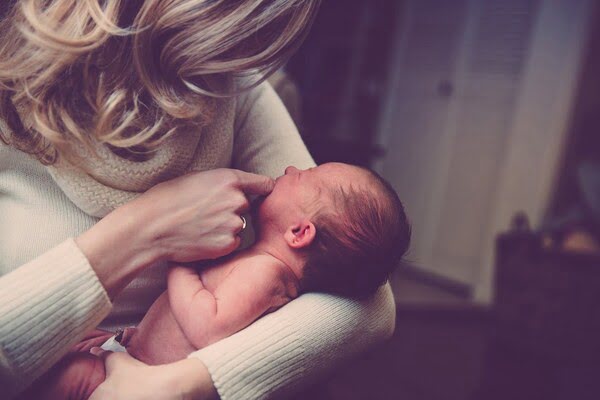- What Should I Do if My Baby Swallows Something?
- Immediate Steps to Take
- When to Seek Immediate Medical Attention
- Monitoring at Home
- Preventive Measures
- A Final Word on Safety
What Should I Do if My Baby Swallows Something?
Babies are naturally curious and often explore their environment by putting objects into their mouths. While this is a normal part of development, it can lead to situations where a baby swallows something they shouldn’t. As a parent or caregiver, it’s crucial to know how to respond quickly to ensure your child’s safety.
Immediate Steps to Take
- Stay Calm: Your composure helps keep your baby calm and allows you to assess the situation better.
- Assess Breathing: Ensure your baby is breathing normally. If they have trouble breathing, cannot cry, or have bluish skin, call emergency services immediately.
- Check for Symptoms: Look for signs like coughing, drooling, gagging, vomiting, or refusal to eat. These may indicate the object is causing an issue.
When to Seek Immediate Medical Attention
Certain objects pose serious risks and require urgent medical care:
- Button Batteries: These small, round batteries can cause severe internal burns within hours. If your baby swallows one, go to the emergency room immediately.
- Magnets: Swallowing more than one magnet can be dangerous. They can attract each other through intestinal walls, causing blockages or perforations. Seek immediate medical evaluation.
- Sharp Objects: Items like broken glass or small pins can cause internal injuries. Get medical help right away.
- Large Objects: Anything larger than a quarter (about 1 inch or 25 mm) can get stuck in the esophagus. A medical evaluation is necessary.
Monitoring at Home
If your baby swallows a small, non-toxic, and smooth object (like a plastic bead) and has no symptoms, you can monitor them at home:
- Diet: Continue their regular diet unless advised otherwise by a doctor.
- Watch for Symptoms: Be alert for vomiting, abdominal pain, or changes in bowel movements.
- Stool Monitoring: Checking stools is generally unnecessary. However, ask your pediatrician for guidance if needed.
Preventive Measures
Prevention is the best way to keep your child safe:
- Childproofing: Keep small objects, especially hazardous ones like batteries and magnets, out of reach.
- Supervision: Always watch your baby during playtime, especially when they explore new toys.
- Educate Caregivers: Ensure anyone looking after your baby knows the risks and how to respond.
A Final Word on Safety
Babies explore by putting things in their mouths, which can be risky. Knowing the dangers and how to act quickly can prevent serious harm. Keep hazardous items away and stay informed about what to do if an emergency occurs.
By taking precautions and being prepared, you can keep your baby safe and respond effectively if they swallow something they shouldn’t.
The following post may interest you
Baby Milestones 0 to 6 Months: A Comprehensive Guide
Sources:
Mary Cappello Swallow: Foreign Bodies, Their Ingestion, Inspiration, and the Curious Doctor who Extracted Them
ON THE clinical ASPECTS OF AIR-SWALLOW- ING AND SOME OTHER “BAD HABITS” IN INFANTS AND YOUNG CHILDREN
https://pmc.ncbi.nlm.nih.gov/articles/PMC5290876
Has the cat got your tongue, or is something obstructing your throat? A review of imaging of ingested and aspirated foreign bodies in the paediatric population
https://link.springer.com/article/10.1007/s00247-024-06068-3

